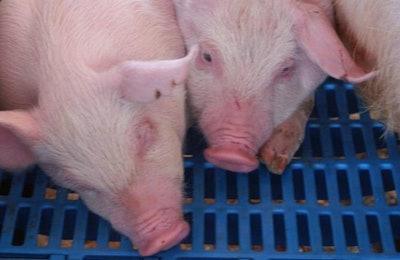
A slight majority of poultry farmers are standing pat as virulent Newcastle disease and African swine fever disease threats remain present in the poultry sphere, according to new survey data.
In the second quarter of 2019, about half of the poultry producers included in the WATT/Rennier Poultry Confidence Index survey said they are not making any changes due to the disease threats represented by the outbreak of virulent Newcastle disease (vND) in California and the growing, global outbreak of African swine fever (ASF).
As part of the quarterly survey, WATT Global Media is asking additional questions about the state of the poultry industry as well as emerging trends, technologies and challenges. This blog post reflects the results of supplemental questions included in the second quarter survey conducted in June 2019. The next installment of Dr. Greg Rennier’s column reflecting the results of this survey will be published in the August issue of WATT PoultryUSA.
Production changes due to disease issues
The situation with vND in California is, according to the latest reports, at a standstill. ASF, however, continues to spread throughout Asia and present a global challenge to the animal protein industry.
Those in the survey group were asked: “As a result of ASF outbreaks in Asia and Europe and VND in California we are doing the following (please select all that apply):”
- 52 percent responded, “Made no changes.”
- 29 percent responded, “Retrained employees.”
- 22 percent responded, “Made changes to biosecurity practices for our feed mills.”
- 19 percent responded, “Made changes to biosecurity practices for our hatchery and breeder operations.”
- 18 percent responded, “Made changes to biosecurity practices for our contract and company-owned meat bird farms.”
- 16 percent responded, “Made changes to biosecurity practices for our live haul and processing operations.”
Farmers are not yet adjusting production volume for ASF
ASF will likely make waves in the global flow of animal protein for years, if not decades, to come. So far, members of the survey group are not making changes in their production practices due to the disease outbreak.
Those in the survey group were asked: “How do you expect ASF will affect your production volume?”
- 84 percent responded, “No change.”
- 12 percent responded, “Increase bird weights.”
- 4 percent responded, “Decrease overall production volume.”
View our continuing coverage of the African swine fever outbreak.

















